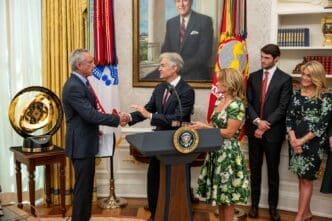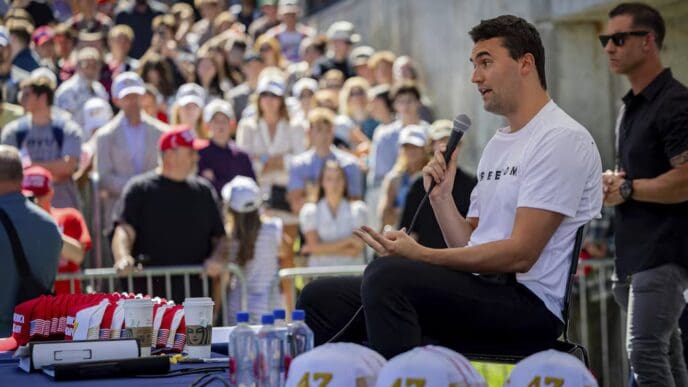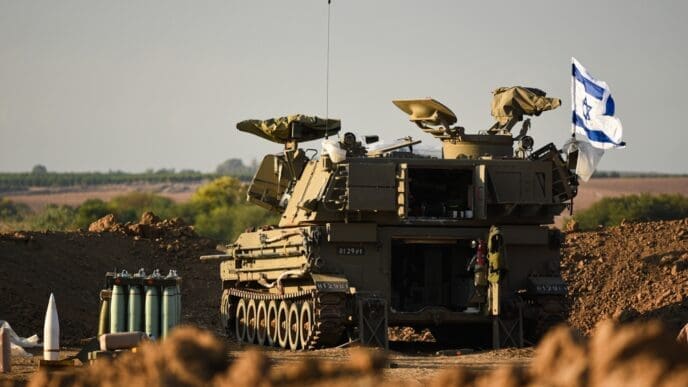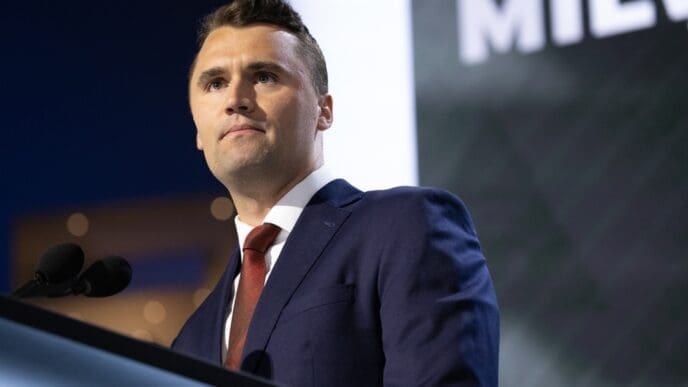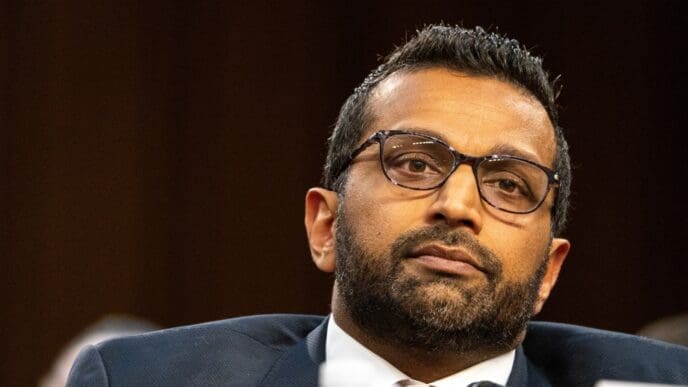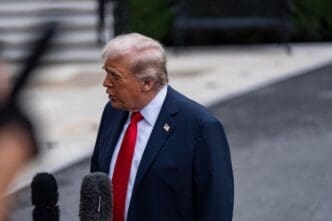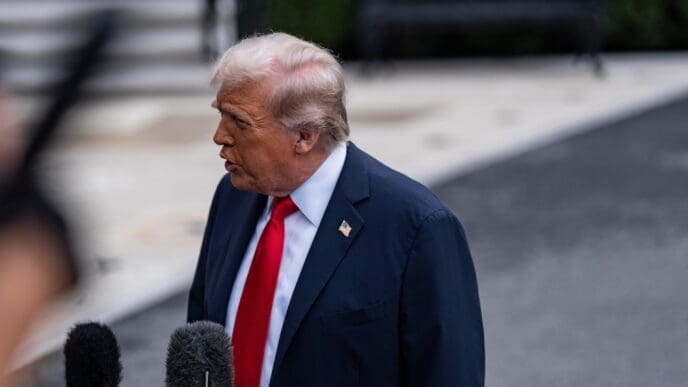Executive Summary
- The FIFA Club World Cup trophy is prominently displayed in President Trump’s Oval Office, sparking questions about its presence.
- President Trump and FIFA offer differing accounts regarding the trophy’s permanent residence, with Trump stating he was told he could keep it and FIFA explaining it’s a third version recognizing the US as host.
- The Club World Cup tournament, hosted across the United States, faced criticism for low attendances and other issues despite being lauded by organizers.
The Story So Far
- The FIFA Club World Cup trophy is displayed in President Trump’s Oval Office as a recognition of the United States’ role as an “exceptional host” for the 2025 tournament, rather than a permanent personal award. This event underscores the U.S.’s growing prominence in international football, as it recently hosted the Club World Cup and is set to co-host the 2026 men’s FIFA World Cup, despite the Club World Cup facing criticisms regarding low attendance and pitch conditions.
Why This Matters
- The presence of the FIFA Club World Cup trophy in President Trump’s Oval Office, despite differing accounts of its permanence, underscores the United States’ escalating significance as a host for major international football tournaments, thereby highlighting the unique intersection of high-level politics and global sport.
Who Thinks What?
- President Trump stated he was told he could keep the FIFA Club World Cup trophy permanently in the Oval Office, with a new one to be made to signify the United States’ role as host.
- FIFA explained that the trophy displayed in the Oval Office is one of three versions, placed there in “recognition of the 2025 tournament’s exceptional hosts,” with the original held in Zurich and a replica belonging to Chelsea.
A photograph posted by the White House this week revealed the FIFA Club World Cup trophy prominently displayed in President Donald Trump’s Oval Office, sparking questions among football fans about its presence. The trophy, which Chelsea secured in July against Paris St-Germain in New Jersey, has become a subject of differing accounts between Trump and FIFA regarding its permanent residence in one of the world’s most recognizable offices.
The Trophy’s Contested Residence
Following Chelsea’s victory at MetLife Stadium, President Trump stated in an interview with DAZN that he was told he could keep the trophy permanently in the Oval Office. He recounted being informed that a new trophy would be made, signifying the United States’ role as host of the month-long tournament.
However, FIFA has offered a different explanation for the trophy’s location. According to the international football governing body, three Club World Cup trophies exist. The original engraved version is housed at FIFA’s headquarters in Zurich, Switzerland, consistent with all FIFA trophies, including the World Cup.
A replica of the trophy belongs to Chelsea, which the club paraded during a pre-season friendly. The third version, the one displayed in the Oval Office, is there in “recognition of the 2025 tournament’s exceptional hosts,” FIFA told BBC Sport.
Tournament Context and Criticisms
The Club World Cup, which spanned 11 cities across the United States, was lauded by organizers as the “world’s most successful club competition.” Despite this acclaim, the tournament faced criticism regarding its low attendances, with reports indicating over a million empty seats. Concerns were also raised about the weather conditions and the quality of the pitches used throughout the US.
Unusual Presentation Incident
The trophy’s journey to the Oval Office followed an unusual presentation ceremony in July. During Chelsea’s triumph, President Trump presented the trophy to captain Reece James. However, Trump remained on stage alongside James and goalkeeper Robert Sanchez, applauding as James lifted the trophy, even after FIFA President Gianni Infantino appeared to invite him to move aside. Players reportedly expressed some confusion regarding the incident.
The United States, alongside Canada and Mexico, is also set to jointly host the men’s FIFA World Cup in 2026, further highlighting the country’s increasing role in major international football events.
The presence of the FIFA Club World Cup trophy in the Oval Office underscores the United States’ growing prominence in hosting major international football tournaments. While the precise circumstances of its display remain subject to differing accounts, the incident highlights the unique intersection of politics and global sport.

